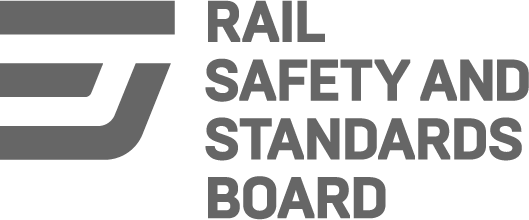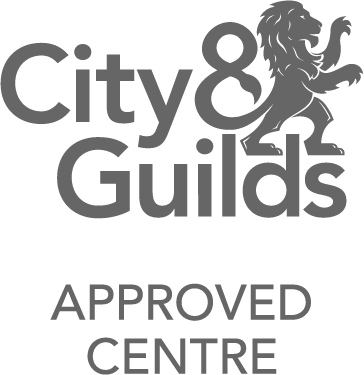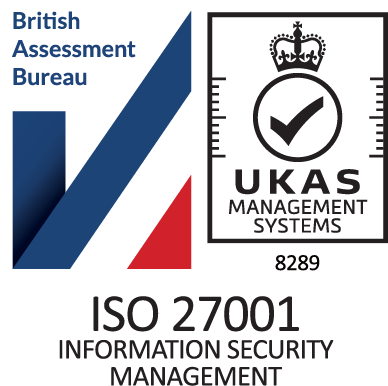
Atalian Servest are a global facilities management company working across multiple sectors, providing a wide range of services from cleaning to waste management.
They have a strong foothold in the UK rail industry, providing cleaning services to Train Operating Companies such as LNER, GWR, Eurostar, Southeastern and West Coast (Alstom). The business has grown rapidly over the last 3 years and is now refining their offering to make the business more robust.
Martin Catchpole joined Atalian Servest as Senior Health and Safety Manager in March 2020. It was recognised at that time that the sector wasn’t as regulated as the rest of the rail industry. There also wasn’t really an understanding of risk-based training needs analysis (RBTNA) and the value that this can provide in the training and management of a cleaning operative based workforce.
Having been awarded the LNER tendered contract at the back end of 2019, commitments were made to provide a training strategy and associated matrices geared at improving both operational delivery and safety. There was an opportunity and desire to align more with the industry and manage staff competencies on par with how the train operators deliver this. Atalian Servest recognised that to achieve this objective and effectively validate the approach, in light of the challenges the COVID-19 pandemic enforced, it was best to work with external industry expertise to develop a plan and a road map for deployment.
Cleaning operatives are perceived as the lowest skilled workforce and are provided with limited training programmes, however with analysis is it evident that the expectations, activities, safety requirements and roles within the rail environment, it is a sector that benefits substantially from the scrutiny and exposure as provided by a full risk based training needs analysis (RBTNA).
Atalian Servest looked to AssessTech as a solutions provider, with synergies in the contracted service portfolios of each organisation, who also offer an industry best practice eCMS (that is RSSB aligned and unlocks the potential of a thorough RBTNA).
They commissioned AssessTech to review the elements of their proposed competence management processes and draft training plan. The rollout, and use of smart devices across the contract, was also pivotal in order to improve the timeliness, accuracy and value of reporting and tracking development, monitoring and assessment of the management and workforce.
The findings of the report highlighted that there were certainly more elements of competence required than simply the cleaning activities, operation of equipment and rail environment awareness and a number of elements were recommended that would add value to the operation and improve safety.
To effectively implement the findings of the risk based training needs analysis, a recommendation was also made to procure a rail standard eCMS which would deliver the following benefits:
The report also highlighted that not all modules require actual training; some were flagged for improvements in induction, briefings, monitoring, and assessment. There was also a key requirement to train the new management and supervisory team on how to effectively train, brief and assess the workforce.




